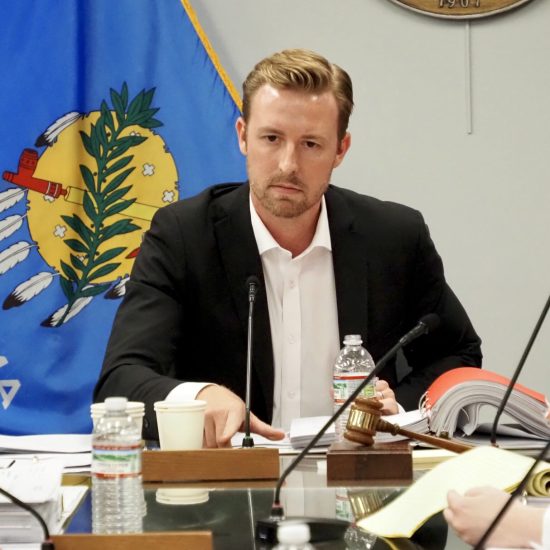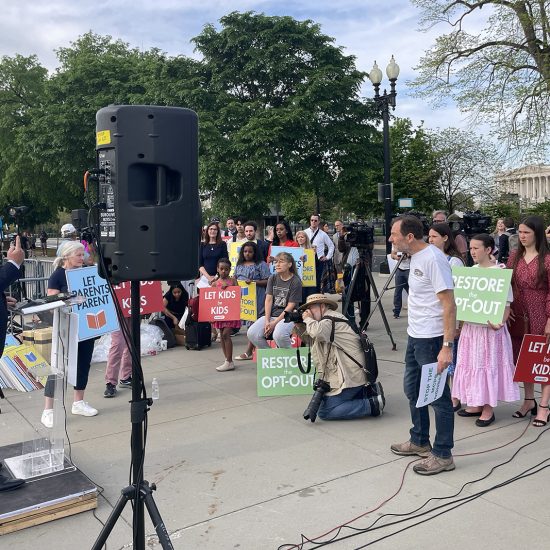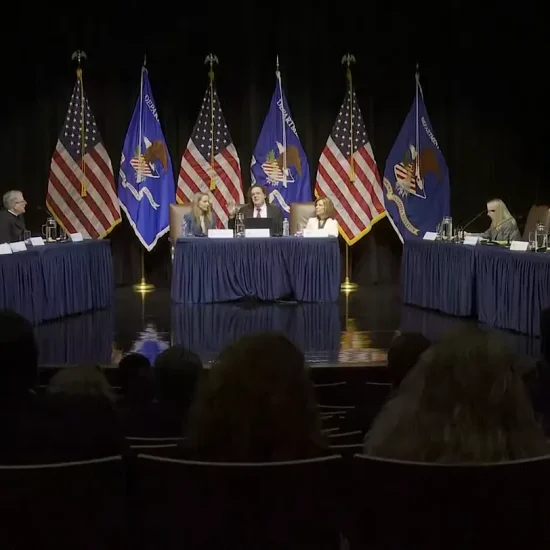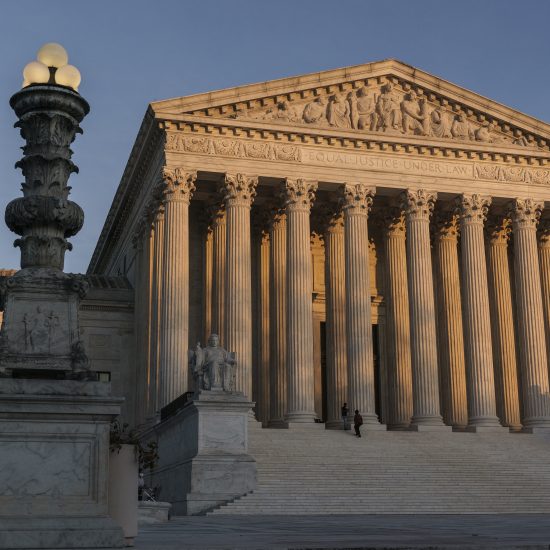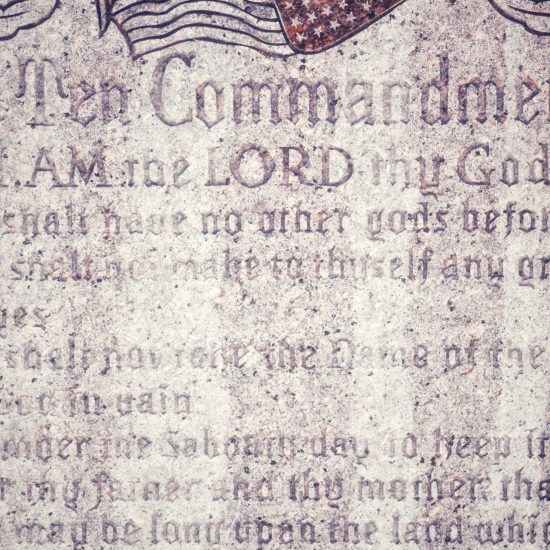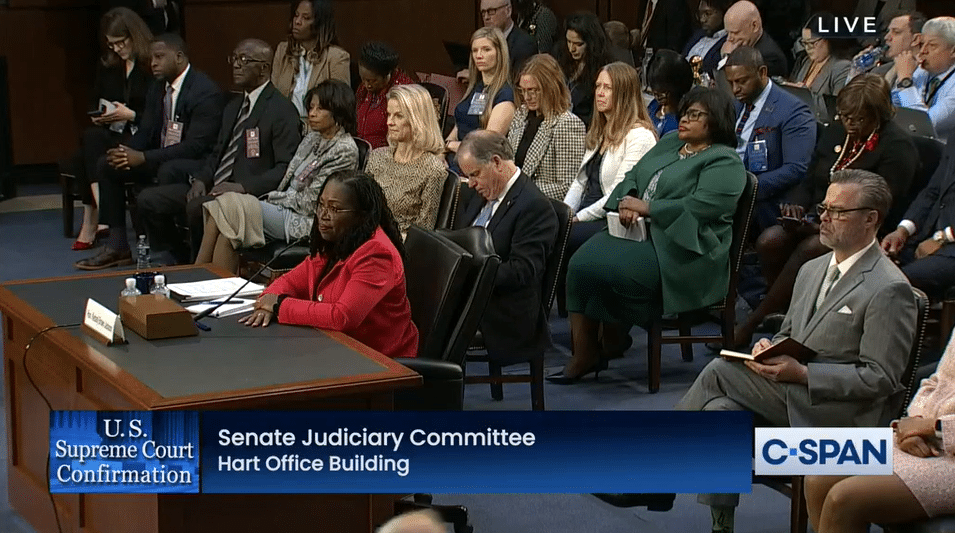
“There won’t be any questioning of where you go to church, what kind of groups you’re in in church, how you decide to raise your kids, what you believe, and how you believe in God. Nobody’s going to do that to you. And that’s a good thing.”
Lindsey Graham, the senior Republican senator from South Carolina, provided those assurances to Judge Ketanji Brown Jackson in his opening remarks at her hearing to become a Supreme Court justice. To Graham, inquiries about her religious identity and beliefs were out of bounds.
There was just one senator that Lindsey Graham forgot to check with before this blanket commitment: Lindsey Graham. On the second day of the hearings, his questions of the nominee directly contradicted his pledge:
Sen. Graham: In your opening statement and the people who introduced you to the committee, there was very glowing praise of you as a person, a good friend. You have a wonderful family and you should be proud. Faith matters to you. What faith are you, by the way?
Hon. Judge Jackson: Senator, I am Protestant.
Sen. Graham: Okay, um… [waves hands and shakes head to indicate he wants move information]
Hon. Judge Jackson: Nondenominational.
Sen. Graham: Okay. Could you fairly judge a Catholic?
Hon. Judge Jackson: Senator, I have a record of fairly judging everyone.
Sen. Graham: I believe you can. I’m just asking this question because how important is your faith to you?
Hon. Judge Jackson: Senator, personally my faith is very important, but as you know, there’s no religious test in the Constitution under Article VI and…
Sen. Graham: There will be none with me.
Hon. Judge Jackson: …and it’s very important to set aside one’s personal views about things in the role of a judge.
Sen. Graham: I couldn’t agree with you more, and I believe you can. So, on a scale of one to ten, how faithful would you say you are in terms of religion? I go to church probably three times a year, so that speaks poorly of me. Do you attend church regularly?
Hon. Judge Jackson: Well, Senator, I am reluctant to talk about my faith in this way, just because I want to be mindful of the need for the public to have confidence in my ability to separate out of my personal views.
In her responses, Jackson appropriately highlighted the Constitution’s guarantee that “no religious Test shall ever be required as a Qualification to any Office or public Trust under the United States.” Moreover, she demurred in talking about her faith to avoid the misperception that personal beliefs would motivate future rulings and deprive parties of the promise, chiseled into the front of the Supreme Court’s building, that everyone receives “equal justice under the law.”
Why Graham contradicted himself is less clear. In a Fox News interview that night, he unapologetically acknowledged making Jackson “uncomfortable.” Yet, he offered little justification for his behavior.
“I was asking her questions about her faith, and I don’t believe for a minute that her faith will determine how she would rule on a case,” he enigmatically explained.
 In this edition of A Public Witness, we interpret the Constitution and rule Graham’s questions out-of-bounds. Then we give a second hearing to a related misstep by Sen. Dianne Feinstein in questioning now-Justice Amy Coney Barrett. Finally, we render our verdict about the role religion should play in U.S. judicial hearings.
In this edition of A Public Witness, we interpret the Constitution and rule Graham’s questions out-of-bounds. Then we give a second hearing to a related misstep by Sen. Dianne Feinstein in questioning now-Justice Amy Coney Barrett. Finally, we render our verdict about the role religion should play in U.S. judicial hearings.
NOTE: The rest of this piece is only available to paid subscribers of the Word&Way e-newsletter A Public Witness. Subscribe today to read this essay and all previous issues, and receive future ones in your inbox.

